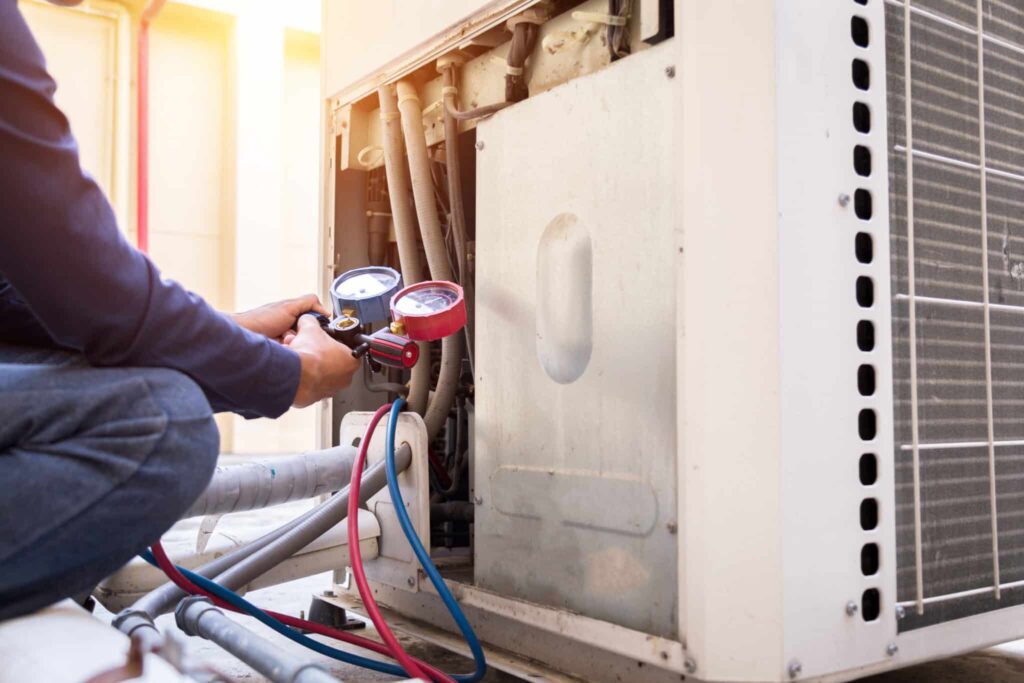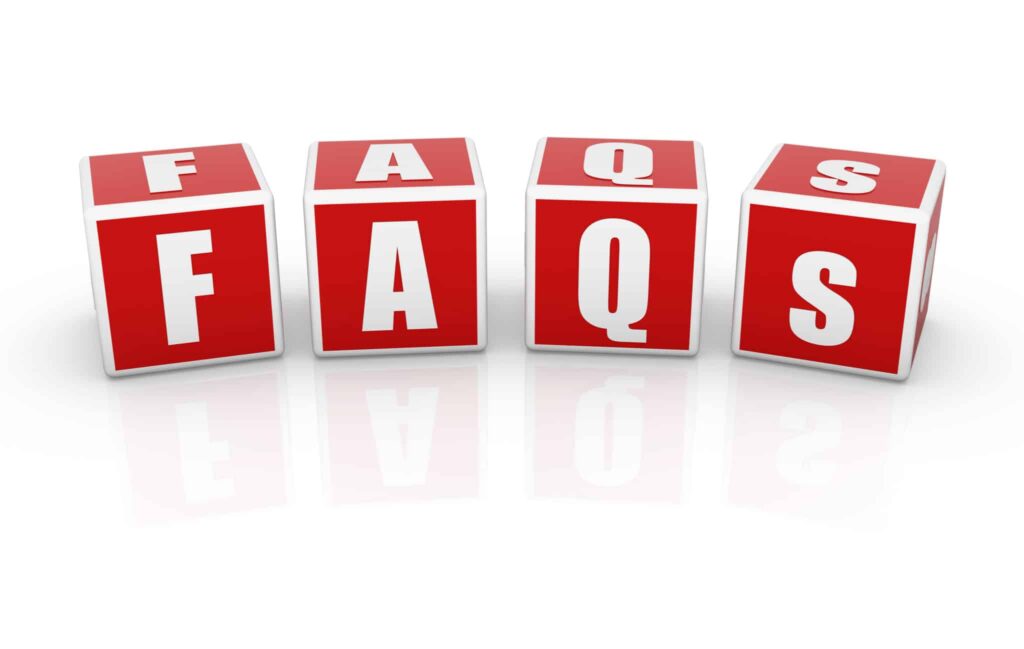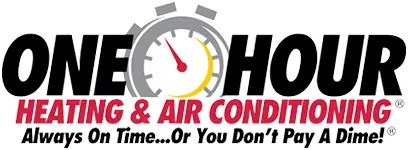- Prevent Costly Repairs: Routine check-ups help catch issues early, preventing expensive repairs.
- Boost Energy Efficiency: Regular maintenance improves your HVAC system’s efficiency, reducing energy bills.
- Extend System Lifespan: A well-maintained system lasts longer, delaying the need for costly replacements.
- Enhance Indoor Air Quality: Tune-ups ensure cleaner air, crucial for homes with allergies or respiratory issues.
- Improve Home Comfort: Consistent maintenance leads to more stable and comfortable indoor temperatures.
- Reduce Environmental Impact: Efficient systems consume less energy, making your home greener.
- Ensure Safety: Professional inspections prevent fire hazards and carbon monoxide leaks.
- Maintain Warranty: Regular tune-ups keep your system’s warranty intact, avoiding claim denials.
- Seasonal Timing: The best time for tune-ups is before the heavy use seasons, like summer and winter.
- Long-Term Savings: Regular maintenance saves money over time by reducing the need for repairs and replacements.
Maintaining a comfortable and energy-efficient home depends heavily on the performance of your HVAC system. Regular HVAC tune-ups not only enhance your system’s efficiency but also save you money, improve indoor air quality, and extend the life of your equipment.
In this blog, we’ll explore why routine HVAC maintenance is essential and how it can protect your investment while ensuring your home stays comfortable year-round. Whether you’re in Lancaster, PA, Lebanon, PA, or nearby areas, regular HVAC tune-ups are key to enjoying reliable and efficient heating and cooling.

Why Regular HVAC Tune-Ups Matter
Have you ever wondered why your HVAC system suddenly breaks down, often at the worst possible time? Regular HVAC tune-ups are the key to avoiding these inconvenient and costly issues.
Routine maintenance helps identify and address potential problems before they escalate, ensuring your system operates smoothly throughout the year. These HVAC tune-ups not only prevent unexpected breakdowns but also contribute to better energy efficiency, lower utility bills, and a longer lifespan for your HVAC system.
Moreover, regular check-ups improve indoor air quality, which is essential for your family’s health, especially if anyone suffers from allergies or respiratory issues. By keeping your HVAC system in peak condition, you also reduce its environmental impact, contributing to a greener home.
Energy Efficiency Boost
Did you know that your HVAC system could be silently draining your wallet due to inefficiency? Regular HVAC tune-ups can dramatically improve your system’s efficiency, resulting in significant savings on your energy bills.
When an HVAC system isn’t maintained, it has to work harder to heat or cool your home, consuming more energy in the process. This not only increases your utility bills but also puts unnecessary strain on the system. Routine HVAC tune-ups involve cleaning, tightening, and adjusting components, ensuring that everything runs as smoothly and efficiently as possible.
The impact of a well-maintained HVAC system on energy consumption is profound. For example, simple tasks like replacing a clogged air filter can reduce your system’s energy use by 5-15%. Additionally, ensuring that your thermostat is calibrated correctly helps avoid the unnecessary use of energy, keeping your home comfortable without wasting resources.
By investing in regular maintenance, you can expect lower utility bills month after month. Over time, these savings can add up, effectively offsetting the cost of the HVAC tune-ups themselves. Plus, an efficient HVAC system is better for the environment, as it reduces your household’s carbon footprint.
Prolonging Your HVAC System’s Lifespan
Imagine getting an extra five to ten years out of your HVAC system. Regular HVAC tune-ups make this possible by addressing wear and tear before it leads to major breakdowns.
Routine maintenance is essential for keeping your HVAC system running smoothly over the long term. Without it, small issues can escalate into significant problems that may require expensive repairs or even a full system replacement. During a tune-up, technicians inspect and clean components, lubricate moving parts, and make necessary adjustments. These steps prevent unnecessary strain on the system, allowing it to operate efficiently and last longer.
Think of it like regular oil changes for your car. Skipping them might save you money in the short term, but the long-term damage could be costly. The same goes for your HVAC system. Regular maintenance reduces the likelihood of early failure, ensuring that your system reaches its full potential lifespan.
When comparing the cost of regular maintenance to that of an early replacement, the difference is significant. The average cost of replacing an HVAC system can run into thousands of dollars. However, regular HVAC tune-ups, which are much more affordable, can delay the need for replacement by several years. This not only saves you money but also ensures that your home remains comfortable without interruption.
Preventing Costly Repairs
One of the biggest advantages of regular HVAC tune-ups is the ability to prevent costly repairs. Without routine maintenance, small, easily fixable issues can quickly escalate into major problems that require expensive repairs.
During a tune-up, HVAC technicians thoroughly inspect your system, looking for any signs of wear and tear or potential issues. They can catch things like frayed belts, failing motors, or refrigerant leaks before these problems lead to a system breakdown. For instance, a small refrigerant leak might seem insignificant, but if left unchecked, it could cause your compressor to fail—a repair that can cost thousands of dollars.
Regular maintenance also helps identify and replace worn-out parts before they cause more extensive damage. A simple fix, like tightening a loose connection, can prevent a cascade of issues that could result in a much larger repair bill. Additionally, HVAC tune-ups often include cleaning and adjusting key components, which helps prevent issues related to dirt buildup and mechanical stress.
By addressing these minor issues early, you avoid the disruption and expense of emergency repairs. This proactive approach not only keeps your HVAC system running smoothly but also protects your wallet from unexpected expenses.
Enhanced Indoor Air Quality
Did you know that your HVAC system plays a crucial role in maintaining the quality of the air inside your home? Regular HVAC tune-ups are essential for ensuring that your HVAC system keeps your indoor air clean and healthy.
Over time, dust, dirt, and other airborne particles can accumulate in your HVAC system. If not properly maintained, these contaminants can be circulated throughout your home, leading to poor indoor air quality. This is especially concerning for households with members who suffer from allergies, asthma, or other respiratory conditions.
During a tune-up, technicians clean and replace air filters, which are vital for trapping dust, pollen, and other allergens. They also inspect and clean the ductwork, which can harbor mold, bacteria, and other harmful substances if not regularly maintained. By keeping these components clean and well-maintained, your HVAC system is better equipped to filter out pollutants and deliver fresh, clean air to every room in your home.
Improved indoor air quality has a direct impact on your health and well-being. Clean air can reduce allergy symptoms, prevent respiratory issues, and contribute to overall better health. Moreover, a well-maintained HVAC system ensures that your home remains a comfortable and safe environment for everyone.
Optimizing Home Comfort
Imagine walking into your home after a long day, and every room is at the perfect temperature. That’s the kind of comfort a well-maintained HVAC system can provide. Regular HVAC tune-ups are key to ensuring that your system consistently delivers optimal comfort throughout your home.
When your HVAC system is running at peak performance, it can evenly distribute air, maintaining consistent temperatures in every room. This means no more hot or cold spots, just a comfortable environment no matter where you are in your home. Regular maintenance includes checking and adjusting the thermostat, cleaning coils, and ensuring that all components are working efficiently. These steps help your system respond quickly to changes in temperature, keeping your home comfortable all year round.
A system that isn’t regularly maintained may struggle to keep up with your comfort needs, leading to uneven temperatures and frequent adjustments to the thermostat. This not only affects your comfort but can also increase energy consumption as the system works harder to reach the desired temperature.
Reducing Environmental Impact
In today’s world, making environmentally conscious decisions is more important than ever. One significant way to reduce your household’s carbon footprint is through regular HVAC tune-ups. By keeping your system in top condition, you can minimize its impact on the environment.
An HVAC system that isn’t properly maintained often consumes more energy than necessary, leading to higher greenhouse gas emissions. Regular HVAC tune-ups ensure that your system runs efficiently, using less energy to heat or cool your home. This not only reduces your energy bills but also lessens your environmental impact. For example, cleaning or replacing a dirty air filter can improve your system’s efficiency by 5-15%, meaning it uses less energy to produce the same results.
Additionally, a well-maintained system is less likely to leak refrigerants, which are harmful to the environment. Many older HVAC systems use refrigerants like R-22, a substance that contributes to ozone depletion. During a tune-up, technicians can check for leaks and ensure that your system is using more environmentally friendly refrigerants if needed. This helps prevent harmful chemicals from being released into the atmosphere.
Safety Considerations
Your HVAC system is not just about comfort—it’s also a critical component of your home’s safety. Regular HVAC tune-ups play a crucial role in ensuring that your system operates safely, protecting your home and your family from potential hazards.
One of the most significant safety risks associated with HVAC systems is the potential for carbon monoxide leaks. Carbon monoxide is a colorless, odorless gas that can be deadly if inhaled in large amounts. Gas furnaces, in particular, can produce carbon monoxide if they are not properly maintained. During a routine tune-up, technicians inspect the heat exchanger for cracks and other issues that could lead to carbon monoxide leaks. This inspection is essential for preventing dangerous situations and ensuring your family’s safety.
Another critical aspect of HVAC safety is the electrical components of the system. Faulty wiring or connections can lead to electrical fires. Regular HVAC tune-ups include a thorough check of all electrical components to ensure they are in good working order and that there are no loose or exposed wires that could pose a fire risk.
Additionally, HVAC tune-ups help prevent issues like gas leaks, which can occur in systems that use natural gas. A trained technician will check for any signs of leaks or damage to the gas lines, ensuring that everything is secure and functioning correctly.
Finally, regular maintenance includes checking the system’s ventilation. Proper ventilation is crucial for dispersing heat and fumes safely. Blocked or malfunctioning vents can lead to a buildup of dangerous gases inside your home.
Warranty Protection
Did you know that skipping regular HVAC maintenance could void your system’s warranty? Many homeowners overlook this crucial aspect, but regular HVAC tune-ups are often required to keep your warranty valid.
HVAC manufacturers understand that routine maintenance is essential for the longevity and performance of their systems. That’s why most warranties include a clause stating that the system must be maintained according to the manufacturer’s guidelines. This typically involves having a certified technician perform regular HVAC tune-ups. Failing to adhere to these requirements could result in your warranty being voided, leaving you unprotected against costly repairs or system replacements.
During a tune-up, a professional technician performs a comprehensive check of your system, ensuring that all parts are functioning correctly and are in line with the manufacturer’s specifications. This not only keeps your system in top shape but also provides a documented history of maintenance, which can be crucial if you ever need to file a warranty claim. Without this documentation, the manufacturer may deny your claim, citing lack of proper maintenance.
Moreover, regular maintenance can help you catch issues that might be covered under your warranty before they turn into major problems. For instance, if a technician identifies a failing component during a tune-up, you can have it repaired or replaced under warranty, avoiding the full cost of the repair.
Seasonal Tune-Ups: Timing Matters
Timing is everything when it comes to HVAC maintenance. Scheduling your tune-ups during the right seasons can make a significant difference in how well your system performs when you need it most.
The best times for HVAC tune-ups are in the spring and fall. These seasons are ideal because they precede the peak usage periods of summer and winter when your system will be working its hardest to keep your home comfortable. A spring tune-up prepares your air conditioning system for the hot summer months, ensuring it runs efficiently and reliably. Similarly, a fall tune-up gets your heating system ready for the cold winter, preventing breakdowns when you need it most.
During these seasonal tune-ups, technicians perform essential tasks like cleaning coils, checking refrigerant levels, and testing the thermostat. These steps are crucial for ensuring that your system operates efficiently and effectively throughout the season. By addressing any potential issues before the peak season, you reduce the risk of an unexpected breakdown during extreme weather conditions.
Another advantage of scheduling tune-ups in the off-peak seasons is that HVAC companies are often less busy, meaning you can easily secure an appointment at a time that’s convenient for you. Additionally, some companies offer discounts or promotions for tune-ups performed during these times, providing you with an added financial incentive to maintain your system regularly.
Cost Savings Over Time
Investing in regular HVAC tune-ups may seem like an added expense, but the long-term savings far outweigh the costs. By keeping your system in peak condition, you can save significant amounts of money over time.
One of the most immediate ways tune-ups save you money is by improving your HVAC system’s efficiency. A well-maintained system uses less energy to heat or cool your home, which translates to lower utility bills. Even small improvements in efficiency can lead to noticeable savings each month. Over the course of a year, this can add up to hundreds of dollars, effectively covering the cost of the tune-up itself.
Another major cost-saving benefit is the reduction in repair expenses. Regular maintenance helps identify and fix small issues before they become major problems. This proactive approach can prevent costly repairs or the need for emergency service calls, which are often more expensive and inconvenient. For instance, catching a minor refrigerant leak during a tune-up can prevent a costly compressor failure down the road.
Perhaps the most significant long-term savings come from extending the lifespan of your HVAC system. Regular tune-ups help your system run smoothly for many years, delaying the need for a costly replacement. Replacing an HVAC system can cost thousands of dollars, so adding even a few extra years to its life can result in substantial savings.
What’s Included in an HVAC Tune-Up?
Understanding what happens during an HVAC tune-up can help you appreciate its value. A comprehensive tune-up involves a series of tasks designed to ensure your system operates efficiently and reliably.
One of the first things a technician does is inspect and clean the system. This includes cleaning the coils, which can become clogged with dirt and dust, reducing efficiency and straining the system. Clean coils help your system run smoothly, improving airflow and reducing energy consumption.
The technician also checks and replaces the air filters, a simple yet crucial step. Dirty or clogged filters can hinder airflow, making your HVAC system work harder than necessary. Fresh filters not only improve efficiency but also enhance indoor air quality by trapping dust, pollen, and other airborne particles.
Another important task is checking the thermostat. The technician will ensure that your thermostat is accurately calibrated and functioning properly. This helps maintain consistent temperatures throughout your home and prevents your system from overworking.
Lubrication of moving parts is also included in a tune-up. Without proper lubrication, friction can increase wear and tear on components, potentially leading to costly repairs or even system failure. Lubricating these parts reduces friction and helps extend the life of your system.
Electrical connections are another critical area of focus. The technician will inspect all connections to ensure they are tight and secure. Loose or faulty connections can lead to electrical failures or even fire hazards. Ensuring these connections are in good condition helps keep your system running safely.
Finally, a tune-up includes a thorough inspection of the system’s components, such as the blower motor, refrigerant levels, and safety controls. This comprehensive check helps identify any potential issues before they become serious problems, ensuring your system is ready to handle the demands of the upcoming season.

Frequently Asked Questions (FAQs)
-
How often should HVAC systems be serviced?
HVAC systems should be serviced at least twice a year—once in the spring for your cooling system and once in the fall for your heating system. Regular servicing ensures your system is prepared for peak seasons and helps prevent breakdowns.
-
What are the signs that my HVAC system needs a tune-up?
Common signs include uneven heating or cooling, higher-than-usual energy bills, strange noises, or reduced airflow. If your system is struggling to maintain a comfortable temperature or seems less efficient, it’s time for a tune-up.
-
Can I perform any tune-up tasks myself?
Yes, you can handle simple tasks like replacing air filters and ensuring your thermostat is set correctly. However, more complex tasks, like cleaning coils or checking refrigerant levels, should be left to a professional to ensure safety and effectiveness.
-
How long does an HVAC tune-up take?
A standard HVAC tune-up typically takes 1 to 2 hours, depending on the system’s condition and any issues that may arise. It’s a small time investment that can save you from bigger problems down the road.
-
Does regular maintenance really extend the life of my HVAC system?
Absolutely. Regular maintenance prevents minor issues from becoming major problems, reducing wear and tear on your system. This can significantly extend its lifespan, saving you money on repairs and replacements.





